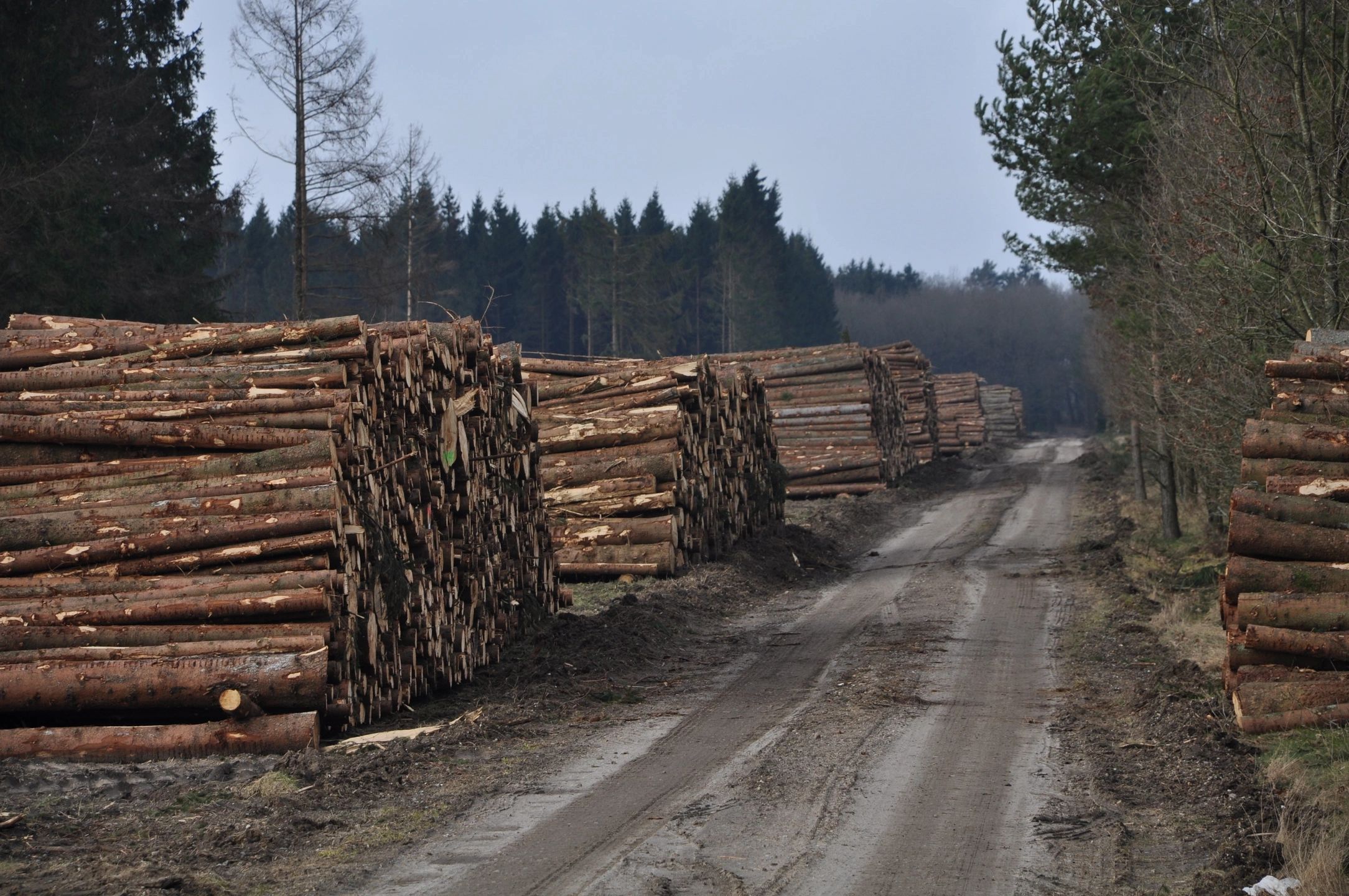Premier Doug Ford has accepted Ryan Amato’s resignation effective immediately, spokesperson says
The pivotal figure behind the Ontario government’s controversial decision to unlock vast stretches of protected Greenbelt land for housing development has stepped down from their role.
On Tuesday, the Premier’s office announced the immediate acceptance of Ryan Amato’s resignation as the chief of staff to Housing Minister Steve Clark.
This development comes less than a fortnight following Auditor General Bonnie Lysyk’s damning report on the government’s action to exclude land from Southern Ontario’s Greenbelt in December. This Greenbelt spans a massive 810,000 hectares, encompassing farmlands, woodlands, and wetlands, stretching from Niagara Falls to Peterborough. The area is designated as off-limits to development.
Although the government designated additional land for protection elsewhere, the removals from the Greenbelt were designed to pave the way for the construction of 50,000 homes, aligning with the province’s ambition to build 1.5 million new homes over the coming decade.
Lysyk’s investigation revealed that the government’s process of selecting sites to be excluded from the Greenbelt was influenced by a small group of well-connected real estate developers who had access to Amato.
According to the report, Amato, rather than impartial public servants, handpicked 14 out of the 15 sites that were eventually removed from the Greenbelt. A majority of these selections came after suggestions from developers who had directly lobbied Amato. These interactions took place either in person at an industry event or through emails sent by developers’ legal representatives.
Amato was contacted by CBC Toronto via email for a comment, but an immediate response was not received.
Both Ford and Clark have stated that they were unaware of Amato’s involvement in bringing forth the sites for removal. Ford mentioned being briefed on the sites only the day before the cabinet approved the changes, while Clark stated that he became aware of the plan a week prior.
NDP call for Clark to resign.
Amato’s decision to step down did not quell the demands from opposition leaders for heightened accountability.
John Fraser, the acting leader of the Liberal Party, asserted that Amato’s resignation does not bring closure to the matter and insisted on the resignation of the housing minister himself.
Fraser expressed his disbelief, stating, “It is implausible that a single political staffer could have orchestrated this $8.3-billion land exchange initiative. The reality remains that both the minister and the premier endorsed and advanced this initiative in cabinet, fully aware of its implications.”
Mike Schreiner, the leader of the Green Party, concurred with the notion that Clark’s resignation is necessary, while also urging Ford to reverse the decision to encroach upon the Greenbelt.
Schreiner emphasized, “The departure of Minister Clark’s chief of staff marks the initial stride in a lengthy journey to rebuild public confidence.”
“However, if the premier believes this marks the conclusion of the narrative, he is mistaken.”
Ford has maintained that no preferential treatment was given, and his administration is committed to adopting and executing 14 out of the 15 recommendations outlined in Lysyk’s report. The lone exception pertains to revisiting the land exchanges and potentially reverting those choices.
Ontario NDP Leader Marit Stiles expressed her perspective in a statement, remarking that the resignation merely represents the minimal level of accountability for what she considers to be one of the gravest violations of public confidence in the history of the province.
“The auditor general’s report was very clear—this staffer obviously didn’t act independently,” Stiles said.
“Now it’s time that the Minister take responsibility, do the right thing, and step down; time that the government recall the Legislature so we can restore these lands to the Greenbelt for protection; and time for the Conservatives to start providing Ontarians with the transparency and accountability they deserve. Mr. Ford needs to face the music.”
92% of land removed by developers with access
Lysyk’s investigation uncovered that in October 2022, Amato oversaw a small group of housing ministry officials who determined the sites to be excluded.
Contrary to the notion of developers receiving prior knowledge, Lysyk discovered that in numerous instances, it was the developers themselves who effectively advocated for the inclusion of certain sites they owned for housing development.
“Many of these individuals had advocated for the removal in emails and in-person meetings within a few months prior to their removal,” according to the report.
As per a chronological sequence of significant occurrences, two notable housing developers engaged Clark’s chief of staff during a building industry event in September 2022. During this interaction, they furnished him with details about two sites within the Greenbelt. These sites included a location within the Duffins Rouge Agricultural Preserve (DRAP) in Pickering and another site situated in the Township of King, which the developers had acquired just that very month for a sum of $80 million.
As reported by CBC Toronto, Silvio De Gasperis, the president of the Tacc Group of companies, possesses over twenty-five properties within the DRAP. Similarly, Michael Rice, the CEO of Rice Group, is the owner of the property in King. Notably, both De Gasperis and Rice, although not explicitly mentioned in the report, contested the summons from the auditor general to provide explanations regarding the land exchange.
In the wake of the September occasion, one of the developers proceeded to furnish Amato with details concerning an additional three sites.
“About 92 per cent of the land that was ultimately removed from the Greenbelt was requested to be removed by the developers the chief of staff dined with at [the event],” the report said.
Referring to data from the Municipal Property Assessment Corporation, the entity responsible for determining property values in Ontario, Lysyk approximates that the proprietors of the 15 sites excluded from the Greenbelt might witness an escalation of their land’s value by $8.3 billion.
The integrity commissioner of Ontario is reviewing a petition to ascertain whether Amato violated any ethical guidelines, a matter referred by Ford. This request supplements another inquiry the office is already pursuing concerning the land exchanges in the Greenbelt. This second investigation was initiated at the behest of NDP Leader Marit Stiles.



